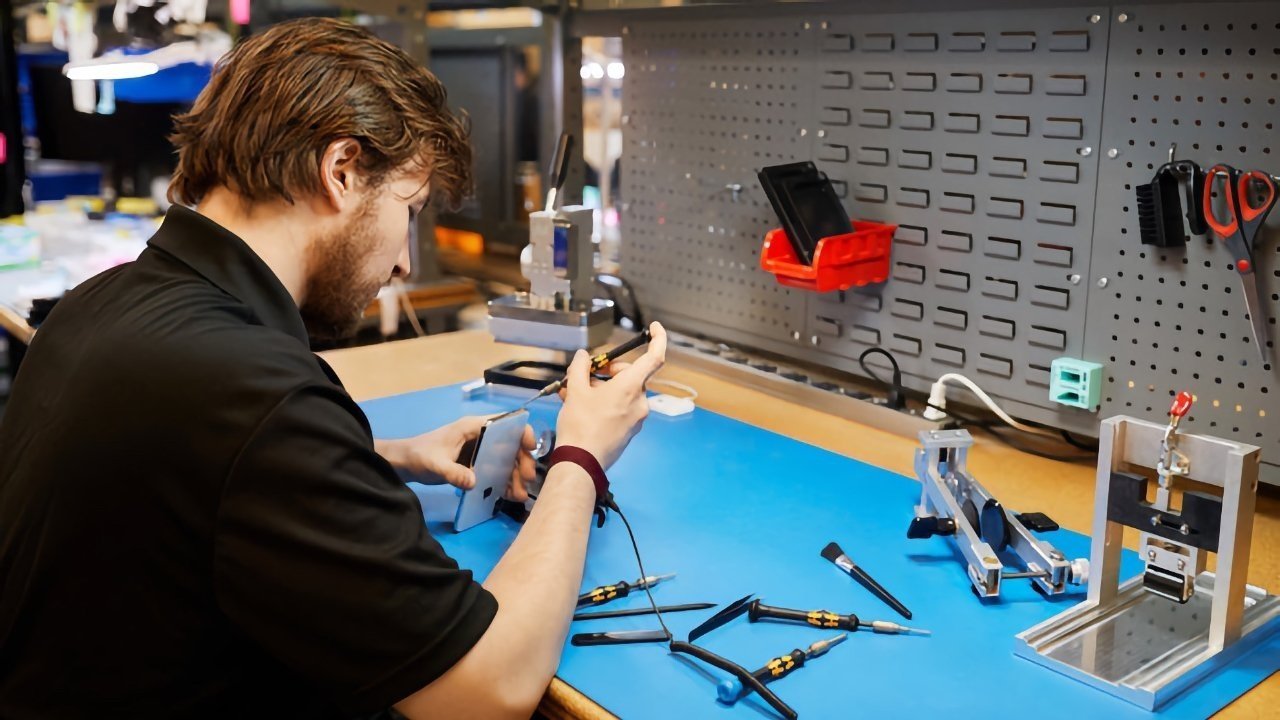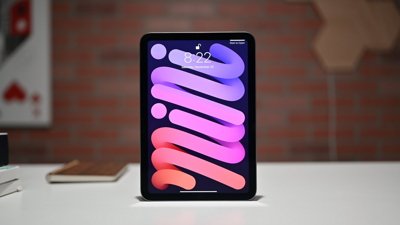While it may have supported a weaker right-to-repair bill in California, Apple is now lobbying against a stronger bill out of Oregon.
On Thursday, Apple's principal secure repair architect, John Perry, argued against a right-to-repair bill. The move comes six months after it supported a similar bill, which is now law, in California.
"It is our belief that the bill's current language around parts pairing will undermine the security, safety, and privacy of Oregonians by forcing device manufacturers to allow the use of parts of unknown origin in consumer devices," Perry, told the legislature.
It might seem strange that Apple supports right-to-repair in one state and not another, but as always, the devil is in the details. As 404media points out, Oregon's bill has one key difference — it restricts parts pairing.
"Parts pairing" is a term used to describe Apple's practice of matching certain components, such as the screen or battery, to the specific iPhone they were originally installed in. This ensures that only authentic Apple parts are used when repairing the device.
However, this practice has been controversial as it limits third-party repair options. It has been criticized for creating a closed ecosystem that restricts consumer choice and potentially increases repair costs.
Critics argue that this practice hinders the right-to-repair movement by making it difficult for users to fix their devices independently or through non-authorized repair services. It's also known for generating a very large amount of electronic waste.
Currently, there are seven parts that trigger issues during repairs.
Perry argued that Apple's parts pairing practice hasn't been designed to monopolize repairs but to make repair access easier. He said that it ensures a device — and its data — remain secure during repair.
Tarah Wheeler, an Oregon-based cyber security expert, wasn't on board with Perry's arguments.
"As someone who is a certified mobile device analyst and forensic specialist, I am here to tell you right now that there is no security implication to switching the battery or glass screen out on a phone in meaningful terms," Wheeler told 404media.
"Apple does a good job of making sure people's data is secure, and they've done such a good job of this that it's a little bit stupid to now try to claim that swapping the glass out is going to stop it from being secure," she added.
New York was the first US state to pass a Right to Repair bill, which is now law. However, it's so weak and watered down that it is effectively worthless for consumers.
 Amber Neely
Amber Neely







-m.jpg)






 Christine McKee
Christine McKee

 Andrew Orr
Andrew Orr

 Sponsored Content
Sponsored Content

 William Gallagher
William Gallagher







12 Comments
Looking at his Linkedin resume he isn’t a degreed engineer. He is more of an IT person.
Off topic somewhat, but if you're an Apple shareholder, beware of the BlackRock board nominee. They already have one and that's too many. We don't want them to do to Apple what they did to Boeing.
There are both advantages and disadvantages to parts pairing.
The parts pairing is a good idea I support for some of the reasons listed above.
They should also have their lawyers come up with a STRONG disclaimer that warns users that any repairs not completed by AASPs or Apple itself voids the warranty and may potentially void the security of the iPhone, depending on the work being done. A battery swap or glass repair shouldn’t be a big deal, BUT shady stuff is possible when a unlicensed tech has access to the phone’s innards.